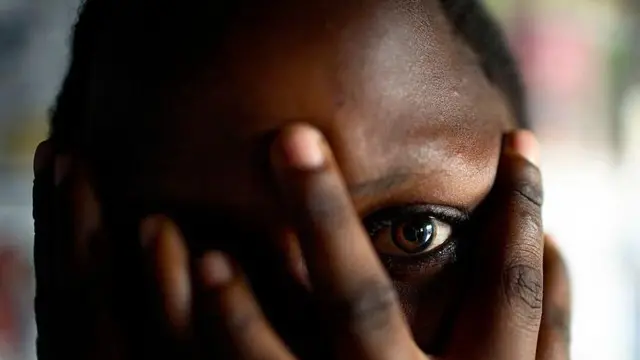Kenya is facing a disturbing surge in suicide cases, a growing crisis that is shaking communities across the country and prompting urgent calls for stronger mental health care and public awareness.
In the highlands of Kericho County, a 34-year-old man was found dead outside his home in Kapgwen village, Kipkelion East. According to local authorities, the deceased had struggled with a lifelong mental health disorder and was under regular medication and monthly injections. Despite this care, he became the latest casualty in what officials fear is a nationwide mental health emergency.
Jackson Langat, Assistant Chief of the area, confirmed the man’s body was taken to the Kericho County Hospital Mortuary for a postmortem. His family, who had supported him for years, was left devastated and searching for answers.
Similar tragedies have unfolded across other regions of the country. In Embakasi, Nairobi, a 57-year-old man was discovered hanging inside his house shortly after entertaining a guest. In Nakuru County, a 30-year-old man was found dead, hanging from a tree on a private farm in the Olosuswa area. Meanwhile, in Sabasaba, the body of a 31-year-old man who had been missing for two weeks was discovered decomposing in his home.
These incidents are not isolated. Kenya’s suicide rate is climbing. The World Health Organization (WHO) reports that at least four Kenyans die by suicide each day—translating to a national rate of 6.1 deaths per 100,000 people. Experts believe the real number may be significantly higher due to stigma, underreporting, and traditional taboos.
Counties such as Kiambu, Kisii, Kakamega, Nyeri, and Murang’a have consistently reported high numbers of suicide cases. In Kiambu County, more than 100 suicides were recorded in just three months last year. Many of the victims are young men facing financial struggles, family conflicts, peer pressure, and social isolation.
Earlier this year, Kenya took a significant step forward in its approach to mental health when the High Court of Kenya declared Section 226 of the Penal Code—criminalizing attempted suicide—unconstitutional. Justice Lawrence Mugambi ruled that punishing those who attempt suicide violates their right to dignity and health. This decision followed years of advocacy by organizations such as the Kenya National Commission on Human Rights and the Kenya Psychiatric Association.
Yet legal reform is only part of the solution.
Mental health experts argue that the country must now focus on systemic changes. These include training more mental health professionals, launching nationwide anti-stigma campaigns, and ensuring mental health services are accessible at the community level.
“We’re seeing young people—especially men—suffering in silence,” says Josephine Waithiru, a clinical psychologist working in Kiambu. “They bottle up emotions until they can no longer carry the weight. Depression, guilt, and fatigue build up over time, and in the absence of help, it turns into hopelessness.”
Also Read; UK to Open Satellite Diplomatic Office in Dodoma
Tragically, some victims receive ridicule instead of support in their final moments. In a harrowing case from Nyeri, a man who stood at the edge of a building was mocked by onlookers. Moments later, he jumped to his death—another life lost to misunderstanding and public apathy.
Experts warn that unless the public and government act swiftly, the toll will continue to rise. Suggested interventions include:
- Establishing mental health units in rural hospitals
- Integrating counseling services in schools and workplaces
- Creating community awareness through churches, media, and local leaders
- Promoting helplines and confidential support services for men and youth
Kenya’s mental health system has historically been under-resourced. According to mental health data published in medical journals, the country has fewer than one psychiatrist per 500,000 people—far below global recommendations.
If you or someone you know is struggling with mental health, organizations like Befrienders Kenya, Red Cross Kenya, and Chiromo Mental Health Hospital offer support, counseling, and hotlines.
The suicide crisis in Kenya is more than a string of tragic headlines. It’s a national emergency—one that requires empathy, policy change, and public mobilization. Behind every suicide is a story that might have ended differently—if only someone had listened.







